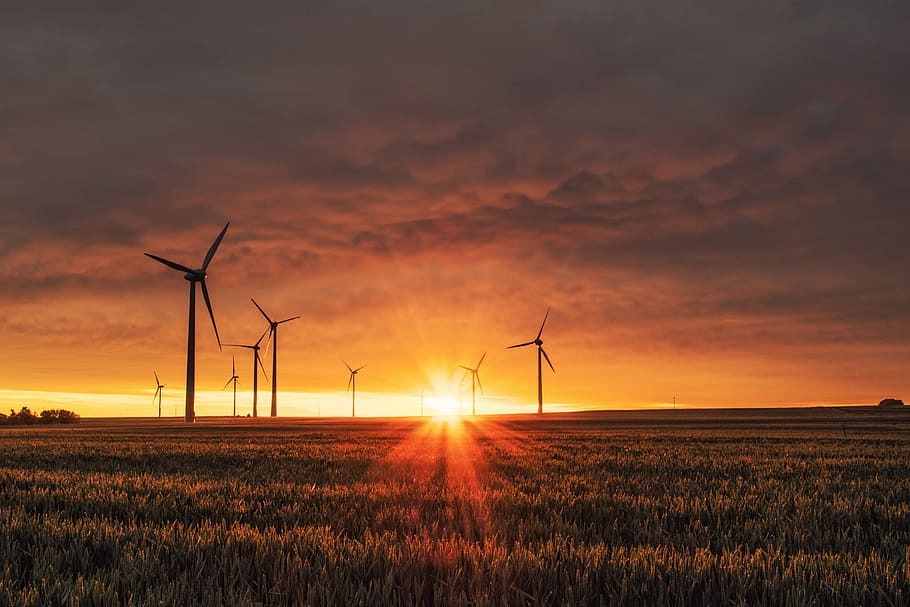National Grid ESO (NGESO) has opened a consultation to develop new guidelines around disconnection of embedded generation.
The ‘Last Resort Disconnection of Embedded Generation’ consultation follows an urgent Grid Code modification in 2020, brought in to react to the dramatically low demand caused by COVID-19.
Grid Code modification GC0143 was brought in on 7 May 2020, as a temporary solution that expired on 25 October 2020. It clarified NGESO’s ability to instruct DNOs to disconnect embedded generation – typically smaller generation such as combined heat and power (CHP) or small hydro, wind or solar power – to balance the grid in emergency situations.
It came into effect alongside a new service, the Downward Flexibility Management Service, which allowed NGESO to turn down embedded generation over the May bank holiday during record low levels of demand. According to Limejump, up to 238MW of embedded generation was requested to shut down between 4am and 7am on 10 May.
NGESO’s new consultation will look to produce permanent guidelines for the disconnection of embedded generation in emergency situations such as this. This would only happen as a last resort, when all commercially available options have been exhausted.
However, trade group the Association for Renewable Energy and Clean Technology (REA) has criticised the proposed changes as embedded generators – which are largely renewables – are not offered compensation if they are disconnected through no fault of their own.
Frank Gordon, head of policy at the REA, said that whilst they understood arrangements within the modification would only be as a last resort, some form of compensation should be provided to generators, adding that the association has “campaigned for this clarification and compensation since the proposals were first raised in May last year”.
“Given our net zero commitments, instructions should also be issued to the effect that fossil fuel generation should be switched off before renewables are and particular care must be taken for types of generation with possible safety implications from being switched off, such as landfill gas sites.”
NGESO is calling for responses to the changes by 5pm on 1 March 2021, with more information available here.





